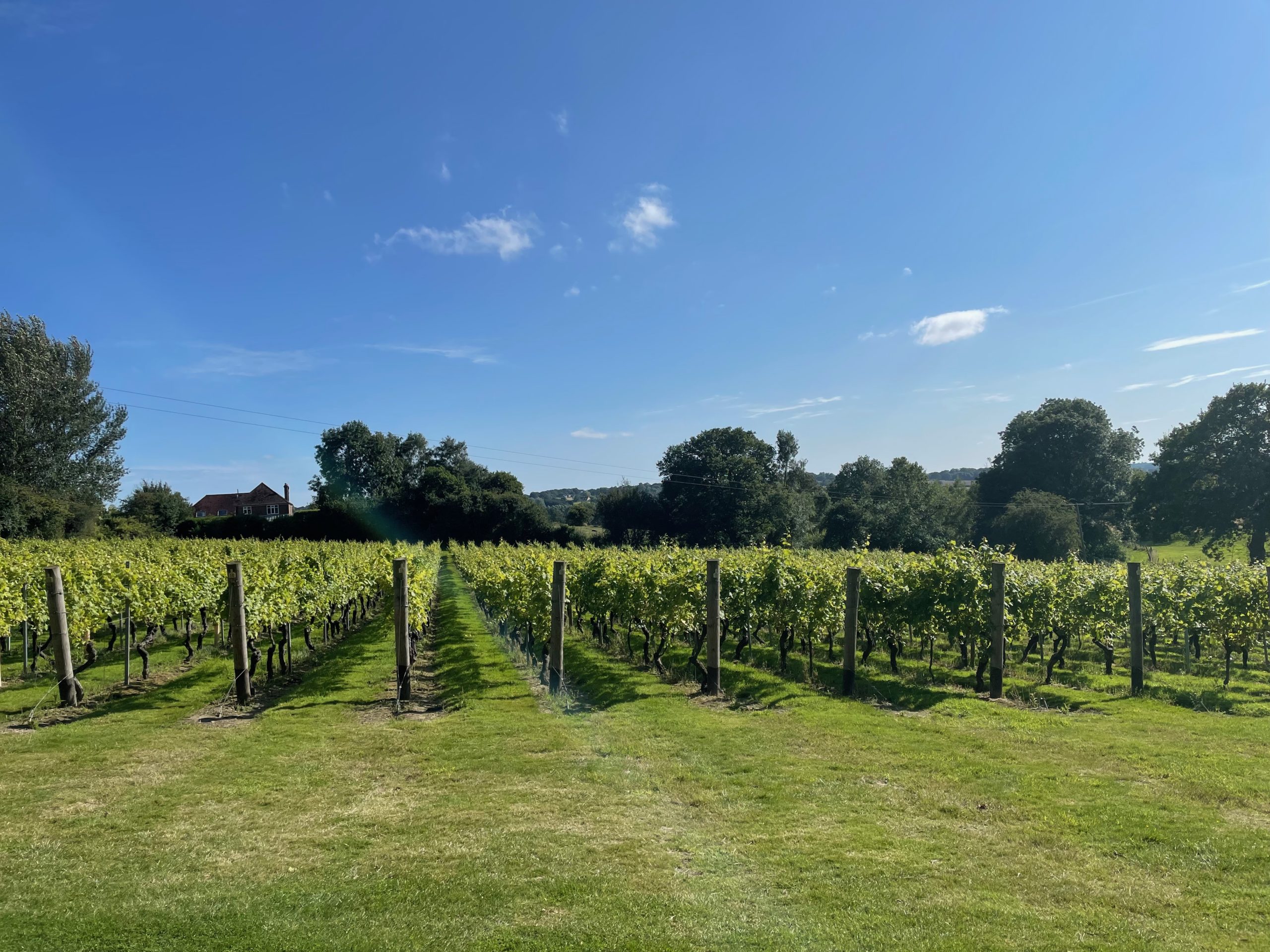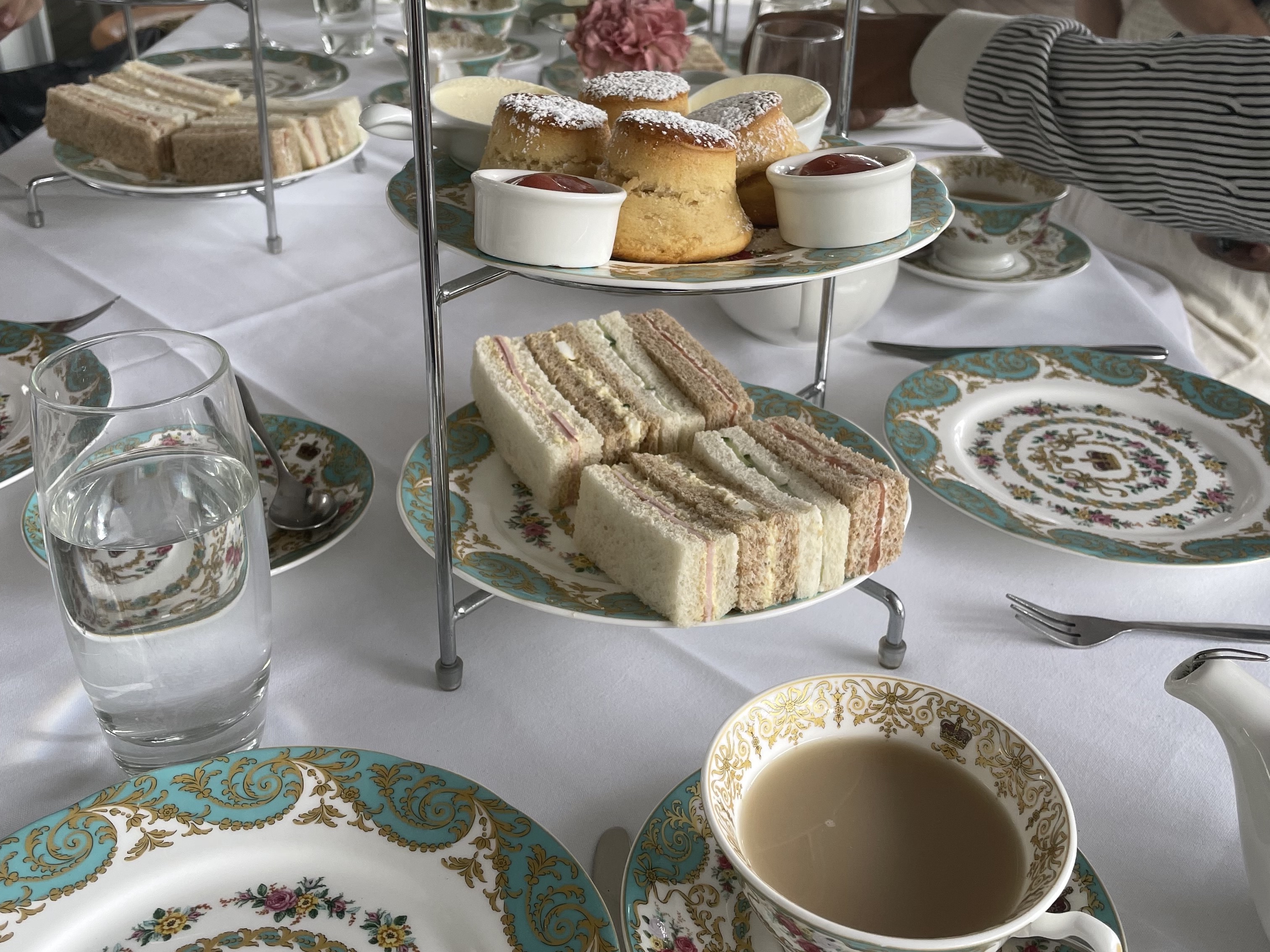
Food, Society and Culture in Britain
One of the classes I am taking right now is titled Food, Society, and Culture in Britain. And as the name suggests, its all about food! I am really loving this class so far and am actually learning a lot about the history of food in Britain and how food works to shape people in all different types of ways. But the best part of the class is the field trips and tastings that we’ve done. We started the course looking back at the Victorian Era and the different foods that emerged since then to categorize what is known as traditional British Food. We had a tasting that included blood pudding, meat pies, orange marmalade, smoked mackerel, and jellied eels, amongst some other very British foods. Some of these were very good, others not very good at all, in my opinion. It was interesting to learn why they are such enjoyed foods here and when they came to be, with many origins dating back to the world wars.
One of the highlights of this class was going to afternoon tea. It was a splendid meal at Kensington Palace with delicious tea, finger sandwiches, scones, and pastries. Before going to tea, we were taught a lot of background surrounding the English and their love for tea. I had always thought that the fancy tea served at hotels and nice restaurants was called high tea, however, it is quite the opposite. High tea was what the working class called their dinner, and some still do to this day. It is more common in the North of England to refer to dinner as tea, but in reality it isn’t really tea in the sense we would think of, rather it is a nice home-cooked meal. Afternoon tea, on the other hand, is the tea of the upper and middle classes, used more as a socializing event these days, and as a snack to break up the time between lunch and dinner when it was first popularized.
Last week we did another lecture and tasting, this time on protected foods. I didn’t actually realize that this was a thing until I was taught it in the class. But apparently, both Europe and the UK have the ability to apply to have their foods protected, meaning that other people cannot use the official name on their product even if it is manufactured in the same way. Champagne is an example of this, where it can only be called champagne if it is produced in Champagne, France. The versions produced by other countries must be called something different, like in the US it is technically called California Champagne. These rules, however, are only enforced within the EU, so places like Russia and the US, could make champagne and call it champagne if they wanted to without legal issues. Some of the other protected foods that we got to try were feta cheese (made in Greece), Parmigiano-Reggiano (made in Parma, Italy, and the surrounding areas), Cornish pasties (made in Cornwall, England). It is a long process to get your food to be approved as a protected food, but it is very important to the people that invented and make these foods in the original place with original methods and it to nice to have a system in place that honors and recognizes that.
For our field trip last week, we traveled to Kent, England to go to Chapel Down Winery, which is the largest winery in England. They produce many different spirits in addition to wine, but we focused on wine for our trip. The climate in England is ideal for white wines, but not red wines. So this vineyard was equipped with rows and rows of grapes that will be made into chardonnay, Baccus, and pinot varieties. We were taught how the grapes are handpicked so only the best ones are used to make the wine and how they go through separate presses and squeezes because the order the juice is squirted in matters to the taste of the wine. We also learned about how the yeast is removed from bubbly drinks and how the process has modernized since it was first invented centuries ago. Then we did a wine tasting of six different varieties, including their rose, Baccus, and champagne, and some other blended varieties. One of the wines that we tried was served at William and Kate’s royal wedding.
Overall I am really enjoying this course and wanted to be able to share the interesting back story to cultural British food with you all. I have class again today and tomorrow and am very excited because we are having a cheese expert come in to do a lecture and tasting and then tomorrow taking a field trip to Southall where we have a walking lecture on Indian food.

